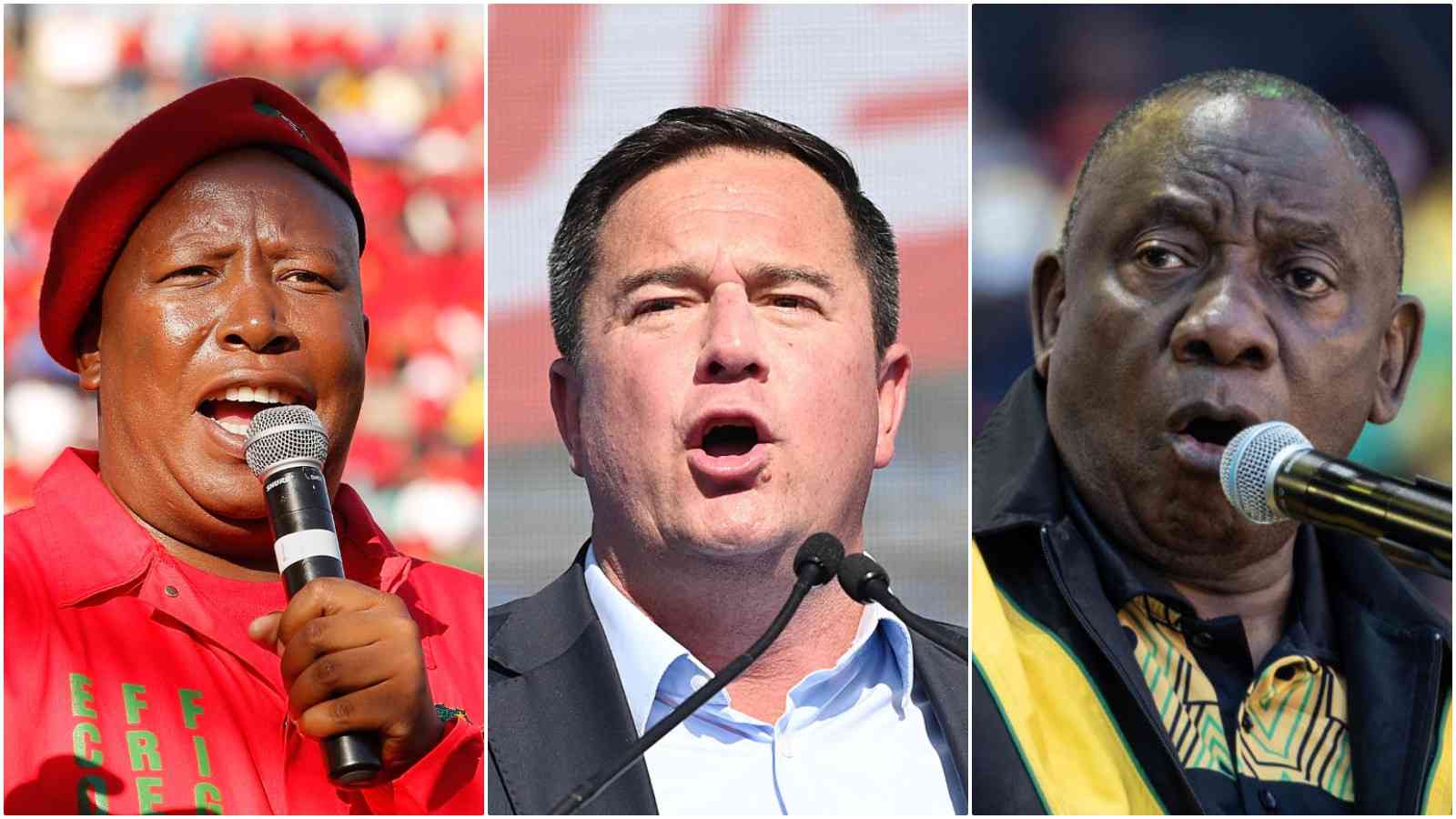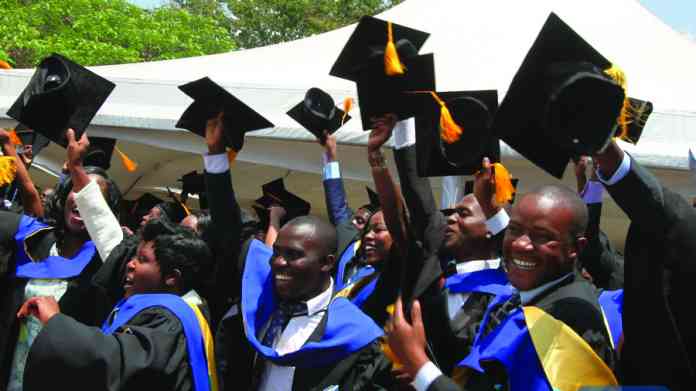
SOUTH Africans voted in historic polls on Wednesday — a watershed moment since the dawn of democracy in 1994, some 30 years ago.
For the first time, the African National Congress (ANC) is under significant pressure to lose its majority in parliament due to a combination of factors, including disgruntled voters, public corruption, rising unemployment, load-shedding, and economic woes, according to surveys.
The politics across the Limpopo River are shifting. It is happening in seismic proportions.
Voting opened at 7am and closed at 9pm in some polling stations but there were delays in quite a number of areas across South Africa, including Gauteng and KwaZulu Natal provinces. South Africa has nine provinces with 62 million people and about 28 million registered voters.
The voting delays, which spilled into late Wednesday night and in some areas beyond midnight, draw a picture of how elections in other African jurisdictions are held.
I draw comparisons between Harare and Pretoria because the two share a lot in common — from borders, languages, history and also, the countries are major trading partners. There is an estimated over a million Zimbabweans living across the Limpopo, mainly economic refugees.
The two polities share the same political history; colonialists ruled and designed the borders, which were non-existent in pre-colonial times. But now things have changed. A lot, actually.
However, Zimbabwe and South Africa share the same liberal constitutional democracies. The electoral systems maybe different in that whereas in Zimbabwe voters directly elect Members of Parliament and the President, in South African, citizens do not vote for a president, but they choose 400 members of parliament, who in turn vote for a new head of state — 30 days after the general election.
- Cheeky armed robbers jailed 10 years each
- Dangers of Arab Spring in SA
- Dangers of Arab Spring in SA
- Ramaphosa faces ANC leadership challenge
Keep Reading
And this is what has been happening at the beginning of the week in South Africa when about one million voters cast the ballot in special voting on May 27 and 28. The rest of the voters participated in the Wednesday elections.
While the full results are still to be announced, it is worth drawing lessons.
Zimbabwe held its elections last year — August 23 and 24 — and they were not without incident. In fact, previous elections from the late former president Robert Mugabe era were shambolic.
The pre-election periods in Zimbabwe since 1980 are usually volatile. Opposition members face arrest, beatings and all manner of manipulative behaviour by the ruling Zanu PF party, which unleashes the State security apparatus to maintain a firm grip on power. Zanu PF has been in power since 1980.
Hence, the pre-election, voting and post-election periods in Zimbabwe are no easy moments; contestations, volatilities and manipulations are commonplace.
Under the circumstances, what lessons can Zimbabwe draw from the electoral environment in South Africa? There is a lot to learn from the accountability and transparency by the Independent Electoral Commission (IEC) of South Africa.
The election period in South Africa was not perfect. There were glitches with the voter management devices as the IEC moved to digitise the voting system. But this digitisation of voting and results announcement is what Zimbabwe can learn from its sister country.
However, the delays in South Africa also caused voter disenfranchisement.
In Zimbabwe, the late delivery of voting materials in polling stations in Harare in 2023, while the same was delivered on time in stations some 800km away was telling. Some electoral observer missions said this was part of a grand scheme by the Zimbabwe Electoral Commission (Zec) to manipulate voting in opposition strongholds — urban centres.
One of the main contentious issues in Zimbabwe is diaspora voting. The Zanu PF government is having none of it. This is despite that diaspora remittances top US$1 billion annually. So, why disenfranchise people who are making meaningful contribution towards the economy? Such a travesty!
The diaspora vote is a key reform, which should be implemented to show that democracy is indeed at play. Otherwise, the hullaballoo about democracy in Zimbabwe remains just flowery and sometimes inflammatory rhetoric.
Another important lesson from South African polls is allowing prisoners to vote. The inmates in Zimbabwe should be allowed to exercise their constitutional voting rights.
Now, we await results of the South African election, which, according to media reports and surveys, is set to make history.











